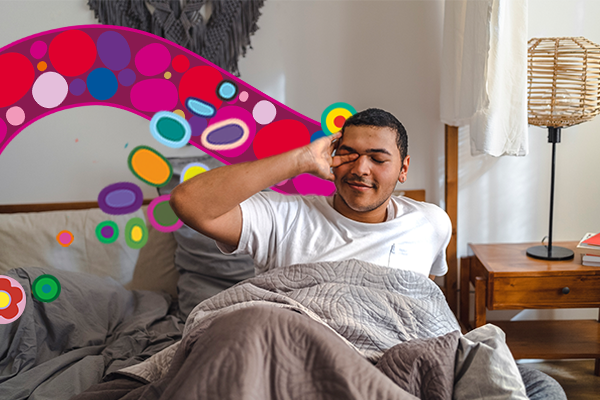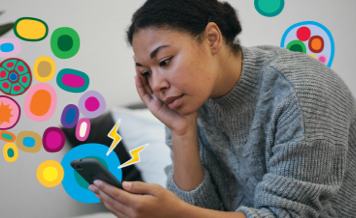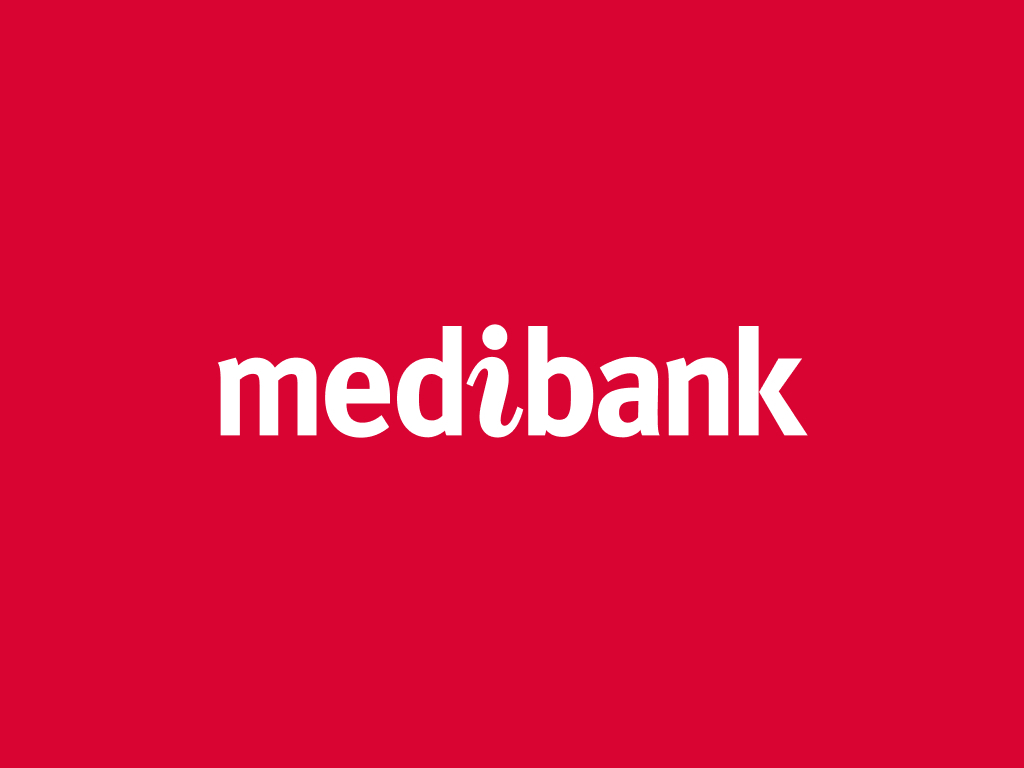Getting an adult ADHD diagnosis

Like many of us, Judith Bull held onto her report cards long after leaving school. Looking at them now, age 56, she reads out some of the teachers’ comments.
“If Judith could just apply herself, if she could concentrate more, if she could get her homework in on time… She’s got the potential, but she’s not applying herself.”
Judith flicks through the reports, but they’re all the same.
“Judith must make a greater effort,” she reads out. “Judith could improve her standard with a real effort. Disappointing.”
She sets the reports aside.
“When you hear that about yourself, the message you get is that you have to be a better person,” she says. “A lack of concentration isn’t at the forefront of your mind. You don’t know why you can’t concentrate. You don’t know why you are a certain way.”
The pattern in Judith’s school reports began when she was around eight years old. It took four decades for someone to figure out why.
What is ADHD?
Attention deficit hyperactivity disorder (ADHD) is a common neurodevelopmental disorder, affecting around 1 in 20 Australians. ADHD can affect a person’s ability to self-regulate and control thoughts, emotions, words and actions.
There are three types of ADHD: inattentive, hyperactive-impulsive, and combined inattentive and hyperactive-impulsive. A person with inattentive ADHD may have difficulty focusing their attention at work, while a person with hyperactive-impulsive ADHD may appear restless or ‘always on the go’.
People with ADHD often also show great imagination and creative problem-solving skills.
People living with untreated ADHD may find it challenging to maintain relationships or employment, which can lead to low self-esteem and mental ill health. However, diagnosis and proper treatment and support can greatly improve individual outcomes and overall quality of life.
ADHD is most commonly diagnosed in childhood but it is increasingly being diagnosed in adults.
Symptoms of ADHD
A person with ADHD may:
- experience mood swings
- seem to not listen when spoken to directly
- have difficulty following instructions or completing tasks
- avoid sustained mental effort at work or in school
- be easily distracted
- forget or misplace things
- feel or act impatient
- talk excessively
- experience sleep difficulties.
Not every person with ADHD displays all the symptoms, nor does every person with ADHD experience the symptoms of ADHD to the same level of severity. Symptoms of ADHD can be similar to symptoms of anxiety, depression or other mental illness, so it’s important to seek professional health advice for a proper diagnosis.

24/7 Medibank Mental Health Support
Medibank health insurance members can chat to a mental health professional about how they feel and ask questions about a range of mental health concerns for themselves or a loved one and get guidance on what they can do next. Chat online or call 1800 644 325 anytime of the day or night, 7 days a week at no extra cost.~
Getting an ADHD diagnosis
Judith was diagnosed with ADHD three months before her 50th birthday. It was the first time someone had suggested she might have ADHD. In hindsight, she says, the diagnosis makes perfect sense, but for a long time there was no clear answer.
“Being a kid or a teenager, especially in the 70s and 80s, ADHD is not something that occurs to you,” says Judith. “It’s more a sense of failure that you have than it is ‘I can’t concentrate’, so it becomes more about how you feel about yourself, not about something you might have.”
ADHD requires a professional diagnosis. If you believe you or someone in your care may have ADHD, you should see your GP as a first step. They can carry out an initial assessment and then provide the necessary referral to see a specialist, such as a psychiatrist or psychologist. There is no one test to diagnose ADHD, so the assessment is made using a wide range of information and diagnostic tools.
What treatment and support is available for ADHD?
Treatment for ADHD is often multi-modal and may include education, medication, lifestyle changes, psychotherapy, behaviour therapy, vocational counselling and skills training. Therapy may be helpful to teach organisational or social skills, depending on individual needs. Support groups and ADHD coaching can provide additional support.
Finding the right treatment or combination of treatments may take time, and while there is no cure for ADHD, proper and sustained treatment can greatly improve a person’s quality of life.
For Judith, her diagnosis and treatment arrived when she was at university – her third attempt at completing a degree. This time though, Judith was able to successfully complete her undergraduate degree and a masters.
“My diagnosis meant I had to find new ways of learning and studying that worked for me,” she says. “My experience and knowledge so far of ADHD is that if you know what you have to do, and you have boundaries and structure, you tend to be a lot better at getting things done.”
“I try and own my ADHD now,” she says. “I try to incorporate it into my life and then make adjustments around it. You have to put strategies in place. It’s about being self-aware, and also forgiving yourself. I don’t see ADHD as a disability or a disorder, I just see it as a difference.”
Where to get help
If your life or someone else’s is in danger, call 000 immediately.
If you’re in distress and need help, call Lifeline on 13 11 14 for 24/7 crisis support.
For non-emergency support, your GP or regular health practitioner is often the best place to start. They will be able to assess your individual situation and recommend the best next steps for your recovery.
Medibank health insurance members can chat to a mental health professional about how they feel and ask questions about a range of mental health concerns for themselves or a loved one and get guidance on what they can do next. Chat online or call 1800 644 325 anytime of the day or night, 7 days a week at no extra cost.~
Remember that help is always available, no matter the situation.
How can we help?
I want to know how my cover supports mental health
I need help and want to talk
Related articles
Things you need to know
~ Some referred services may involve out of pocket costs and waiting periods may apply.
While we hope you find this information helpful, please note that it is general in nature. It is not health advice, and is not tailored to meet your individual health needs. You should always consult a trusted health professional before making decisions about your health care. While we have prepared the information carefully, we can’t guarantee that it is accurate, complete or up-to-date. And while we may mention goods or services provided by others, we aren’t specifically endorsing them and can’t accept responsibility for them. For these reasons we are unable to accept responsibility for any loss that may be sustained from acting on this information (subject to applicable consumer guarantees).











































